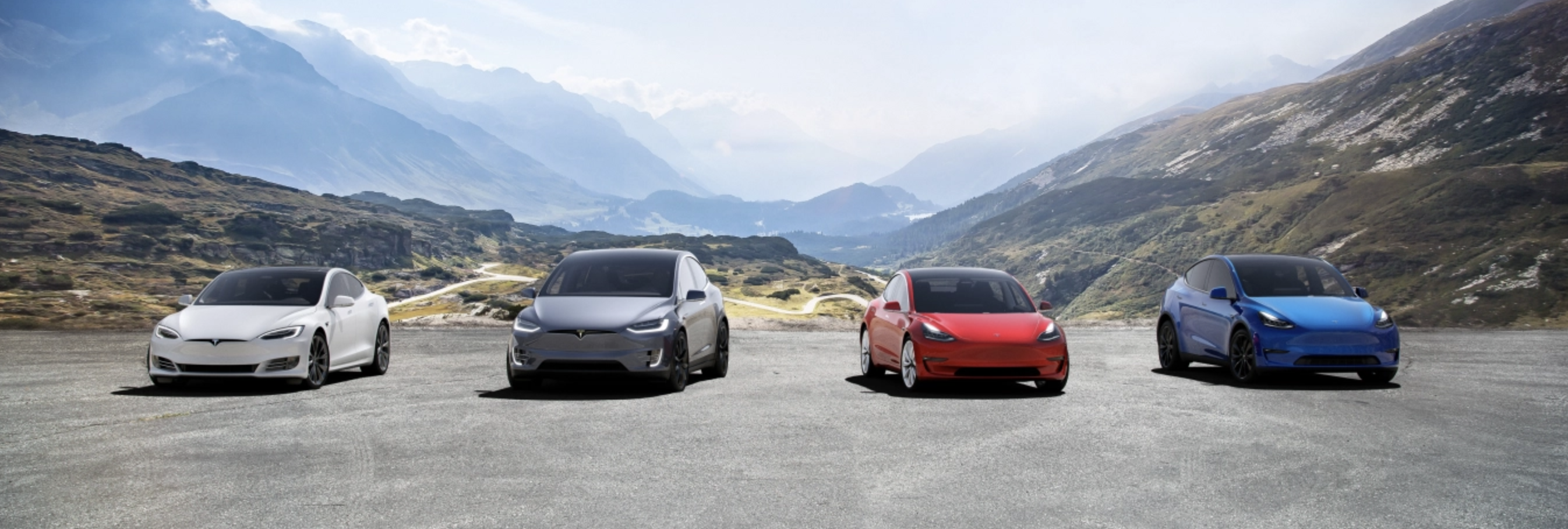June quarter deliveries are further evidence that Tesla has the auto industry backed into a corner. It’s becoming more and more difficult to envision a scenario in which legacy automakers will find a way to meaningful expand the small share of EVs that they have today. We expect, over the next two years, other auto OEMs will struggle to gain measurable ground on Tesla’s 80% US EV share. Ten years from now, once dominant manufacturers will be largely irrelevant in the conversation on the future of transportation.
A supercharged gap between Tesla and the auto industry
- For the June quarter, Tesla reported deliveries of 90,700, down 5% year-over-year (vs. 95,200 in Jun-19), compared to GM down 34%, Toyota down 35%, and Fiat Chrysler down 39%. While an incomplete comparison, in March, Tesla’s global delivery numbers were up 40% year over year compared to the US auto industry down 29%.
- Tesla deliveries in June were up 3% quarter-over-quarter from (88,400 in Mar-20), despite the 33 day Fremont shutdown headwind in the June quarter compared to 8 days in the March quarter.
- Tesla produced 82,300 vehicles in Jun-20, vs. 102,000 in Mar-20. A year ago the company made 87,000 cars.
- Tesla is winning because they have a product that is measurably better than both gas and electric competitors.
Structurally unprofitable concern likely to fade away
Previously there were 4 pillars to the cautionary view on Tesla. To date, two of those concerns have been meaningfully diminished: the company will run out of cash and Tesla can’t manufacture at scale. We believe when the company releases earnings in about a month, the view that Tesla is structurally unprofitable will be meaningfully diminished. Based on the just reported June quarter delivery numbers, we expect the company to report better than expected earnings, potentially near a profit despite the shutdown, and favorable details on continued profitability trends driven by the Shanghai factory and Model Y.
Valuation concern will remain
Reducing the concern related to profitability leaves valuation as the only remaining pillar to the cautious view on shares of TSLA. If Tesla can continue to capture 70-80% share of the US EV market, we expect shares to remain richly valued and continue higher given the vast market potential over the next 10-20 years.
The auto industry’s dilemma
It’s becoming more clear that it will be difficult for traditional automakers to catch up to Tesla, as demand for Teslas continues to outpace the broader industry. As the company scales to meet demand, Tesla’s price-performance gap versus other carmakers will widen, because other carmakers are producing EVs sub-scale, creating a dilemma:
- If traditional auto releases a car with features and range at parity and sells the car at cost, it will be priced 10-25% higher than a comparable Tesla. This will soften demand and lead to further market share loss.
- If traditional auto subsidizes vehicles to gain market share they will lose money with limited margin cushion. The more they sell, the more money they lose. Taking it to the logical end, we believe car companies that have been around for 50+ years will eventually (10 years from now) be forced to restructure or go out of business.
The Move to electric is just beginning
This year, we believe 3-5% of cars sold in the US will be electric. Musk has been right on production to date and expects deliveries to grow at 40-50% per year over the next decade, which implies ramping annual production from about 500k vehicles today to over 15 million in 2030.
